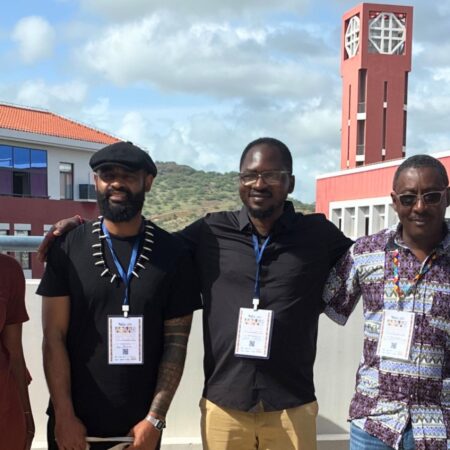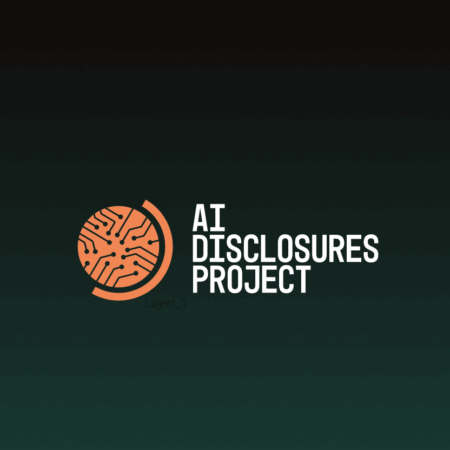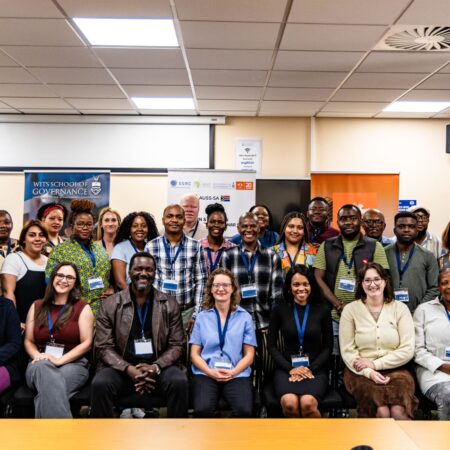The SSRC is pleased to announce the signing of a new memorandum of understanding with the Fondation Maison de Sciences de l’Homme (FMSH). The MOU affirms our shared values, mutual recognition, and alignment as like-minded institutions committed to fostering the global production of knowledge and the dissemination of high-quality social science research. We look forward to increased collaboration and opportunities to promote research, learning, and access in the social sciences and humanities.
Read More
The Social Science Research Council is relaunching Items & Issues, a monthly newsletter featuring curated social science readings from across SSRC platforms and the wider field. Each issue resurfaces legacy pieces and new work, spotlights SSRC fellows, and highlights timely scholarship shaping public understanding of today’s most urgent questions.
Read More
The 2026 Charles E. Lindblom Memorial Fellowship supports an interdisciplinary social science project that evaluates the efficacy of an intervention to reduce inequality. One fellowship of $7,500 will be offered to a doctoral candidate in economics, political science, sociology, anthropology, history, and/or interdisciplinary social science at one of the member institutions for the College and University Fund for the Social Sciences. Applications are due March 10, 2026.
Read More
The African Peacebuilding and Developmental Dynamics (APDD) sponsored a panel at the African Studies Association of Africa (ASAA) 2025 Conference, held on September 25, 2025, at the University of Cape Verde. Under the theme “Developing African Frameworks for Navigating Peace Vulnerabilities in an Emerging Post-COVID World Order,” the panel brought together fellows to examine how African actors are re-imagining resilience and peacebuilding in the wake of the COVID-19 pandemic. Dr. Titilope F. Ajayi (Institute for Security Studies / Next Gen …
Read More
AI technologies now contribute substantially to corporate performance and risk, but investors lack important information. A new policy note from The AI Disclosures Project proposes bringing AI governance within the SEC’s existing framework, drawing lessons from the 2023 cybersecurity disclosure rules to discipline AI deployment and improve market oversight. The policy note proposes a materiality-first AI disclosure regime: SEC guidance clarifying what is material; a dedicated AI-incident item on Form 8-K; a standing 10-K section on AI strategy, governance, risk, …
Read More
We are excited to announce that the Social Science Research Council (SSRC) is officially launching the African Peacebuilding and Developmental Dynamics (APDD) Program—the newly rebranded initiative that brings together the strengths and legacies of the African Peacebuilding Network (APN) and Next Generation Social Sciences in Africa (Next Gen) programs.
This rebrand marks an exciting new chapter in our collective work. APDD builds on over a decade of advancing African-led research on peacebuilding, governance, and development, while expanding the program’s reach and visibility.
Read More
The African University Seminar Series, South Africa (AUSS-SA), was hosted from September 18 to 19, 2025, at the University of the Witwatersrand, in partnership with the University of Johannesburg. Under the theme “South Africa at the Crossroads: Reflections on Inequality, Peacebuilding, Security, and Development,” conveners invited current and former APN and Next Gen fellows based in South Africa to showcase their research and collaborate.
Read More
The Council is excited to announce that a new grant from the Carnegie Corporation of New York will support our African Peacebuilding Network and Next Generation Social Sciences in Africa (APN and Next Gen) program. Over 840 fellowships have been awarded since the program’s inception to support independent African research on peacebuilding, doctoral education, and knowledge dissemination on the continent, including 563 Next Gen fellowships and 277 APN fellowships.
Read More
A new policy brief from the AI Disclosures Project, “MCP in Practice,” by Sruly Rosenblat, Ilan Strauss, Tim O’Reilly, and Isobel Moure, maps how Anthropic’s Model Context Protocol (MCP) is reshaping the AI developer ecosystem and assesses emerging risks of concentration and gatekeeping.
Read More
For more than a century, the Social Science Research Council (SSRC) has been furthering research and building research capacity in the social sciences for the benefit of the public. At a moment when the social sciences are ever more important, the SSRC’s Board of Directors has launched the search for the Council’s new President, with an appointment expected to take effect in early 2026.
Read More





 Event
Event


